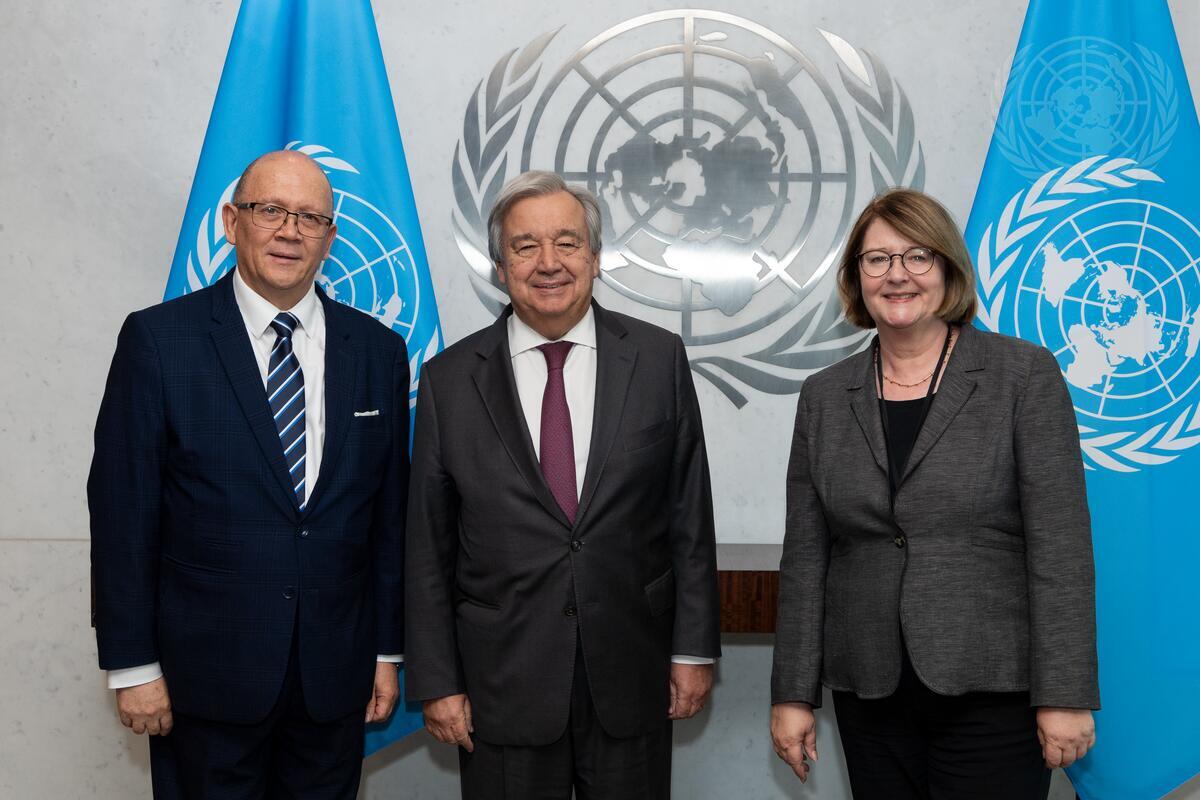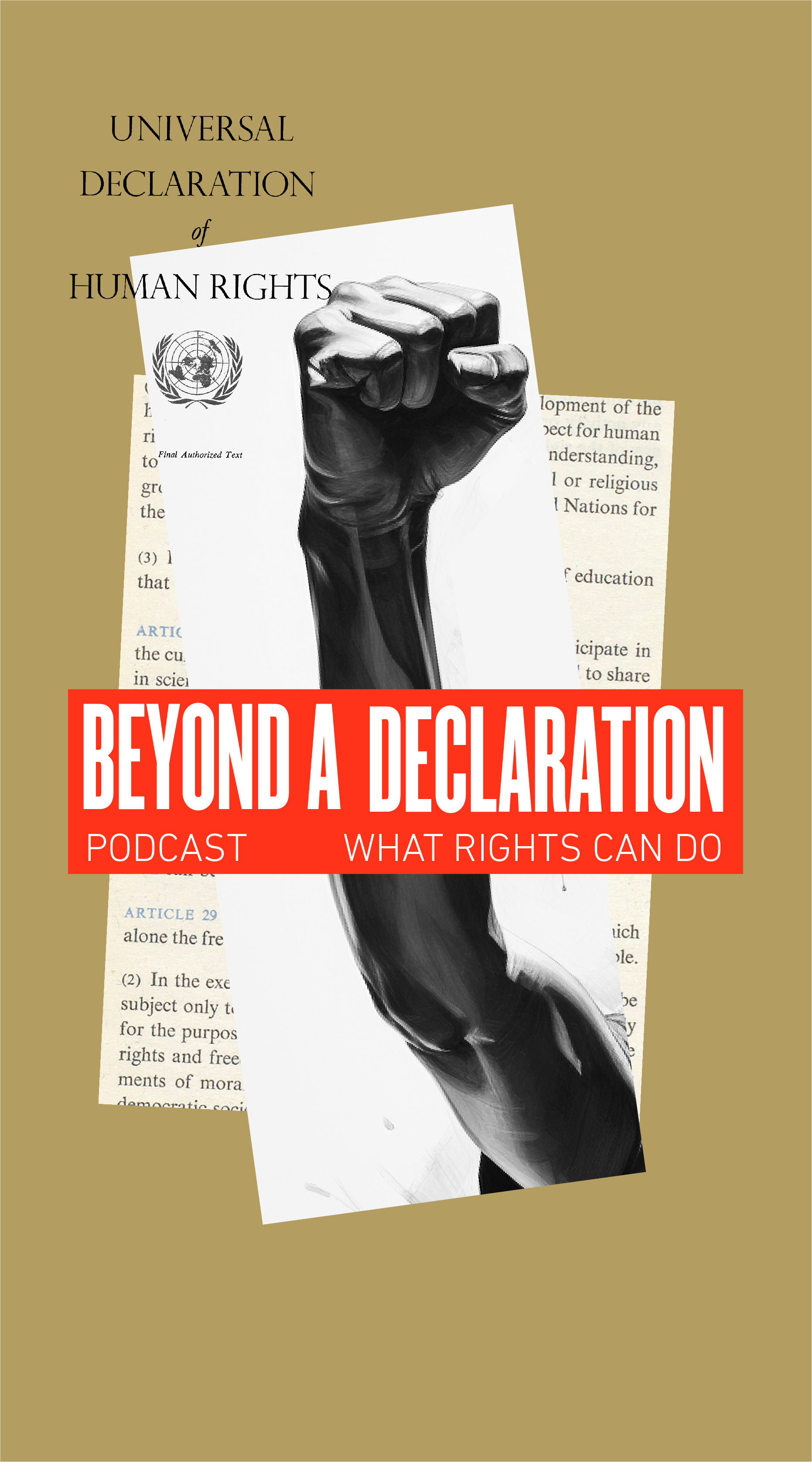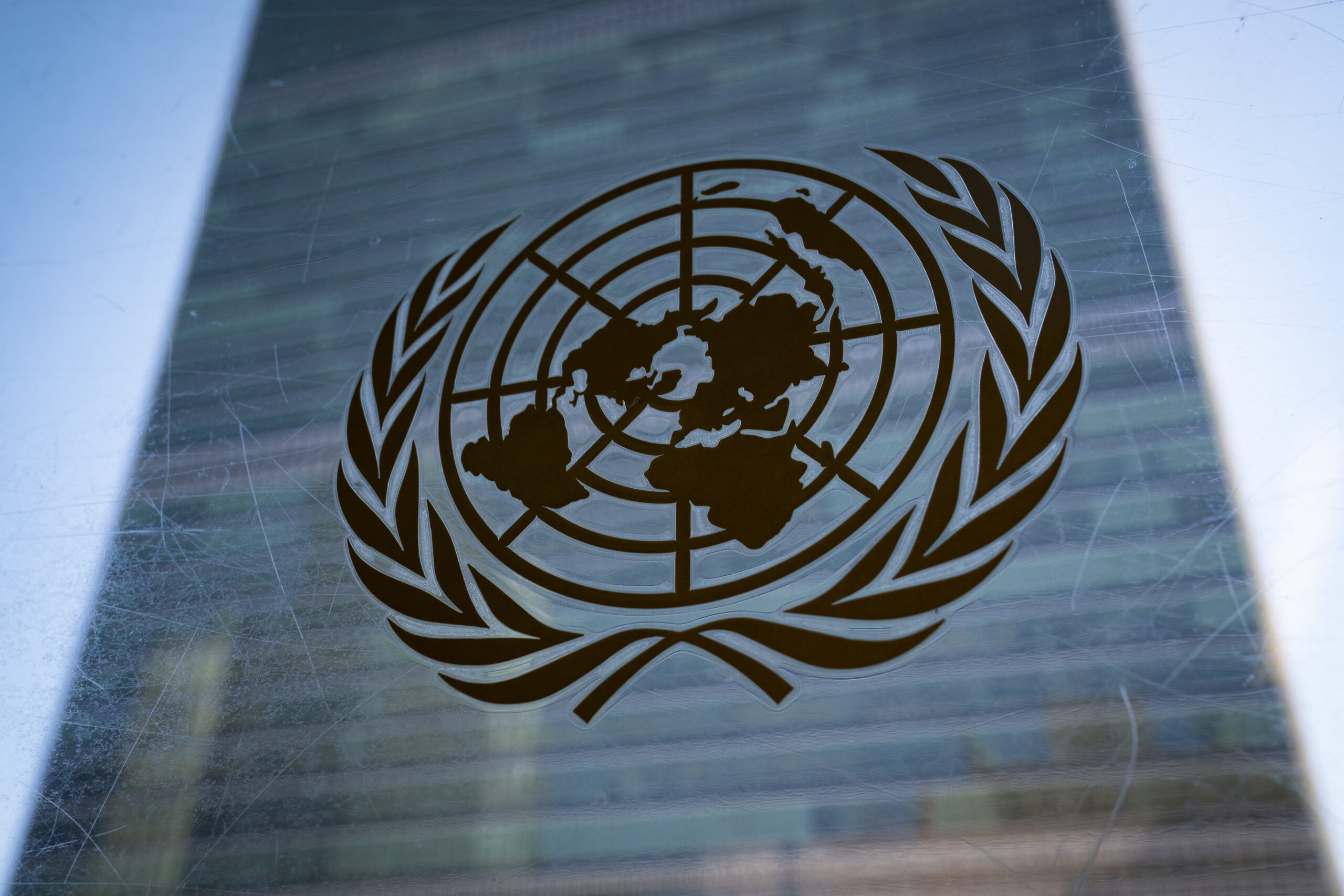The Commission on the Status of Women (CSW) adopted the Agreed Conclusions by consensus at its 65th session that “Women’s full and effective participation and decision-making in public life, as well as the elimination of violence, for achieving gender equality and the empowerment of all women and girls.”
The Agreed Conclusions are, undoubtedly, a win for multilateralism and for governmental support to advance gender equality and the human rights of all women and girls. But such a simple statement doesn’t fully represent the struggle to reach consensus and the hard lines drawn and capitulations made, nor the action and funding needed to implement the commitments.
Engagement by feminist organizations – or governments with feminist leaders and feminist foreign policy – does not guarantee a feminist process or outcome. CSW65, held from March 15-26, was a clear example of that.
In 2021, the major sticking points did not change from previous years, but the atmosphere was different. Many participants felt optimistic about a more progressive US leadership going into CSW, under the Biden administration. However, there was trepidation about the impact of the COVID-19 pandemic on participation and access in an unprecedented all-virtual CSW.
The Agreed Conclusions are stronger due to the work of feminist advocates
The CSW process started as usual, with a report from the Secretary General in January and a Zero Draft of the Agreed Conclusions submitted to Member States in February.
Feminists engaging in the CSW process are familiar with the challenges of the space, both in terms of access and in terms of pushback against progress. We advocate with progressive governments to make gains and bring a feminist perspective on specific key issues such as: women human rights defenders (WHRD), girls’ participation, labor rights, sexual and reproductive health and rights (SRHR), gender-based violence and intimate partner violence, multiple and intersecting forms of discrimination, sexual orientation, gender identity and expression, and sex characteristics (SOGIESC), and diversity.
Authoritarian governments and the anti-gender movement had a strong presence at CSW65. The Russian Federation, Holy See, Kingdom of Saudi Arabia, Bahrain and Cuba were among the most vocal in opposing language of gender-based violence instead of violence against women and girls, as well as language on human rights, diversity, inclusion of girls and SRHR. China was particularly opposed to language on women human rights defenders.
The more progressive governments included the Santiago Group, the “Mountains Group”, the EU, Pacific Island Forum (PIFS), and—in a strong and welcome return to supporting progressive language on women’s human rights—the United States. These countries regularly engaged with feminists to understand our demands and priorities. They also reflected those priorities in early drafts, including language that said:
- “All women and girls in all their diversity”
- “concern…reprisals against women’s human rights defenders…on the rise”
- “…women in politics, members of women’s organizations, feminist movements, women human rights defenders, women journalists, women peacebuilders, women trade unionist…are protected from all forms of violence, sexual harassment, intimidations and reprisals for engaging in public life, including in digital contexts”
- “Sexual and reproductive health and rights” (including as a major enabling factor to participation)
- “Women’s and girls’ full, equal, meaningful, and effective participation and decision-making at all levels of and the elimination of all forms of discrimination and sexual and gender-based violence in public and private spheres”
- “Ratification and implementation of the ILO Convention (No. 190) on Eliminating Violence and Harassment in the World of Work”
Trade-offs and challenges in a virtual environment – Power imbalances and meaningful participation
The virtual environment should have been a way to level the playing field and enable more access for representatives of Member States and of civil society, who might otherwise struggle with resources to travel to UN Headquarters in New York. But, as one feminist colleague noted, technology constraints are the new form of visa denials (which have been a major barrier to civil society participation).
Russia relentlessly insisted on weaker language in every paragraph that reinforced gender stereotypes; strengthened conservative views of a “family unit”, failing to recognize the lack of safety in many families; erased participation of girls in any decision-making; and counting references to human rights and to phrases like “gender-responsive” to limit their impact on the document. They rejected language from General Assembly agreements on COVID-19. Russia had allies who spoke up, mostly as single Member States.
Frustratingly, the session facilitators afforded equal status to individual states as to groupings of multiple countries that coordinated their efforts, such as Santiago Group, Mountains, EU and PIFS. Even when isolated on an issue, Russia almost always prevailed, preventing paragraphs from closing with more progressive, feminist language.
As the clock wound down on the negotiations during the second week, only a handful of paragraphs had been agreed “ad ref”, and all the contentious issues remained open. Progressive governments began to make some concessions in the name of consensus. However, concerned about lack of time and the damaging possibility of no Agreed Conclusions, the facilitator halted negotiations and the chair and UN Women) prepared a final document for consideration that relied almost entirely on already agreed language for open paragraphs, reflecting red lines from Russia and others. It closed the door on significant progress for women’s rights and gender equality that had looked possible earlier in the process.
The virtual environment was a hindrance to coordination among progressive states in real time, as well as to opportunities to forge agreement on difficult issues face-to-face, where bridge-building countries in the Africa Group, CARICOM or elsewhere may have been supportive. Delegates at capital were not always synched with Mission representatives, both due to limitations on participation in the virtual meeting and time zone differences.
The virtual environment was also a major hindrance to the participation of feminist civil society and contributed to shrinking civil society space. While a handful of Member States included civil society on their delegations, few were included in the negotiations space, limiting feedback and technical support. And, without the possibility to meet in the hallways, feminist advocates did not have opportunities to communicate directly with their delegates.
Ultimately, in spite of the push back, we did not backslide from CSW63 on issues of WHRD, SRHR, girls, unpaid care or labor rights, but we made almost no progress on those issues or other structural and cross-border issues such as climate change, funding, public services and social protection. Given the theme, we can point to new bright spots:
- Recognition that online platforms pose both threats and opportunities, enabling women and girls’ participation in decision-making spaces while also raising the need for measures to ensure use of the spaces without violence or harassments
- Inclusion of compounding disproportionate impacts of COVID-19 on women’s full and effective participation and decision-making in public life
- Some advancements on inclusion of girls and young women
- Equal pay for work of equal value was used more consistently
A more feminist CSW is possible
The CSW is the premier space for assessing and making progress on gender equality and ensuring the fulfilment of human rights for all women and girls, whether held virtually or in person. It must become more inclusive and more feminist to meet those goals. Here’s how:
Member States
- Include civil society members on all delegations, including with access to the negotiating space. Highlight the delegations with such participation.
- Update the CSW Methods of Work to ensure meaningful engagement of civil society, including by allowing civil society observers into the negotiation room, with specific mechanisms to contribute to the discussions.
- Hold regional preparatory meetings well in advance of the CSW, with meaningful civil society participation, to ensure dialogue on regional issues and closer coordination with feminists working on the ground and at grassroots levels.
UN Women
- Facilitate virtual meeting spaces between governments and civil society before and during the CSW to exchange views; ensure the platform can accommodate participants with low bandwidth.
- Continue “localization” of CSW to support access points for feminist civil society, and explicitly connect to country delegations and negotiations.
- Regularly engage with feminist civil society before and during the CSW to hear priorities.
With these key actions, we can make CSW the inclusive, progressive, and feminist space that is needed to protect and advance the rights of women and girls everywhere.
Eleanor Blomstrom is as Senior Program Officer with the International Women’s Health Coalition.



